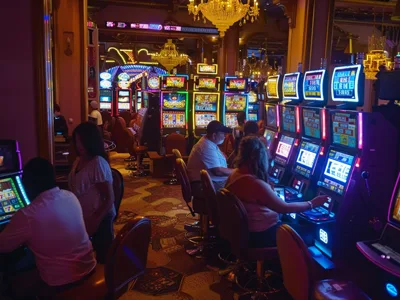The governor has rejected a measure that would have considered allowing casinos
Bali’s governor has made it clear that legalized casino gambling will not be part of the island’s future, despite ongoing speculation that casinos could boost tourism revenues. Governor Wayan Koster dismissed the idea, saying Bali’s identity as a destination should remain rooted in its cultural heritage and not be turned into a hub for international gambling.
Talk of casinos in Bali has circulated for years, with supporters claiming it could generate billions in revenue. Projections have suggested legalized gambling might bring in as much as IDR 13 trillion (US$815 million) annually.
Advocates have pointed to the success of Macau, where China established a special economic zone that allows casino operations despite gambling being banned elsewhere in the country. Some have argued Bali could adopt a similar model, creating an exemption to Indonesia’s nationwide prohibition on gambling.
Koster, however, has rejected those calls, emphasizing that Bali’s tourism industry already thrives on its unique traditions, natural beauty, and cultural attractions. In 2023, the island welcomed over 16 million visitors, making it one of the most popular destinations in Asia without relying on casino revenue. He stressed that protecting Bali’s social values and cultural environment outweighs the potential financial gains of legalizing gambling.
The governor’s stance has backing from local lawmakers and members of Bali’s indigenous community, who also fear that casinos could disrupt the island’s social fabric. Gambling in all forms remains illegal across Indonesia, and officials have shown little willingness to carve out exceptions, even for major tourist hubs.
For now, Bali’s economic strategy will continue to focus on cultural tourism, hospitality, and natural attractions, rather than shifting toward casino-driven entertainment. Despite outside pressure, the island’s leadership remains committed to preserving Bali’s identity and ensuring its growth is guided by tradition rather than gambling revenues.

